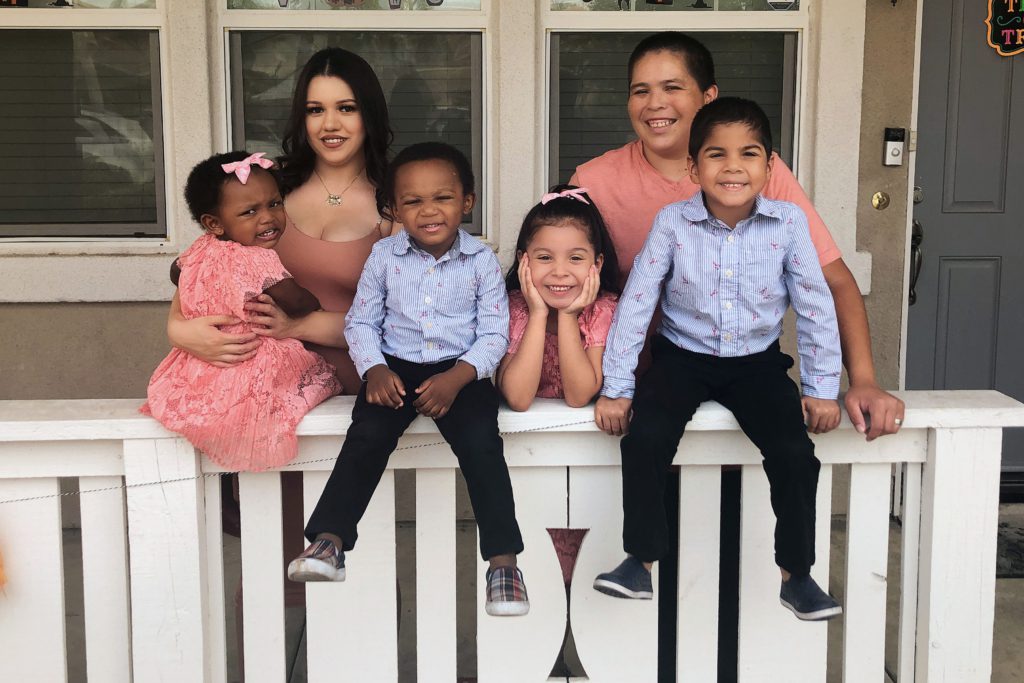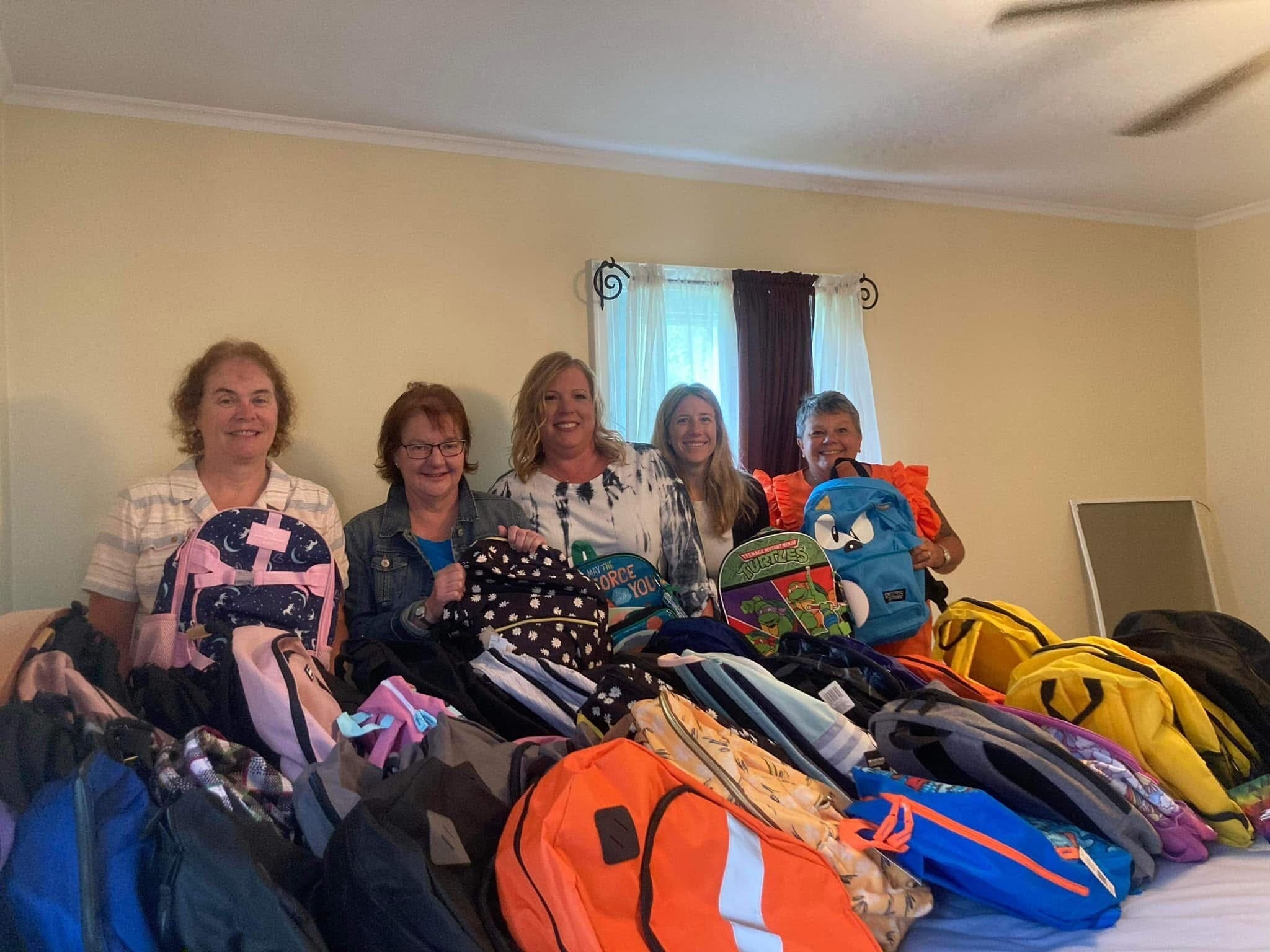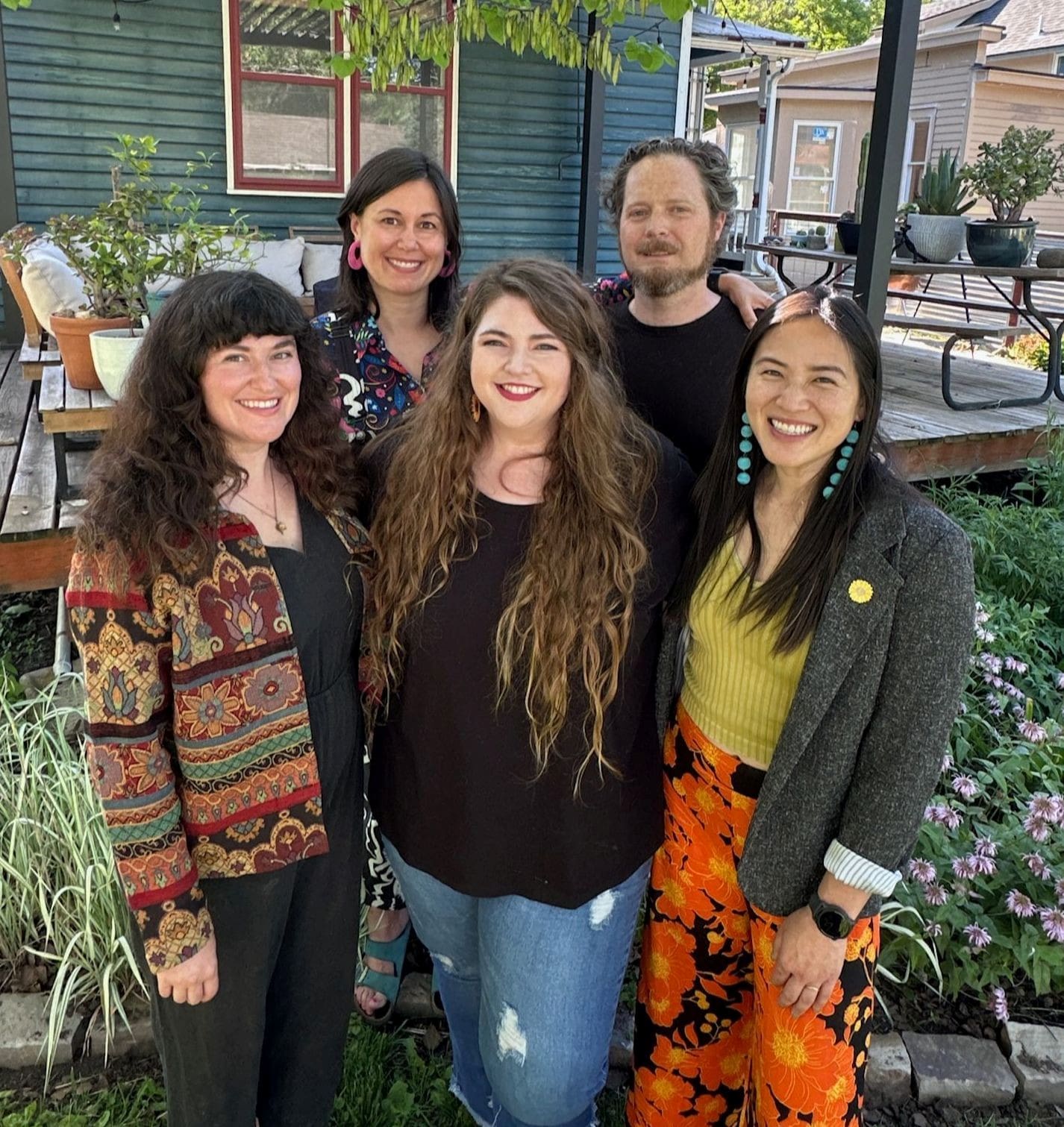Wayfinder Family Services ensures that children, youth, and adults facing challenges always have a place to turn. Based in Los Angeles, the nonprofit serves residents in Southern, Northern and Central California.

Blythe Cotton Maling
We spoke with Blythe Cotton Maling, Senior Vice President and Chief Development Officer, for Wayfinder Family Services, about the work of this new Independent Sector member.
IS: Tell us about your organization’s areas of interest, the communities you serve, and how your work helps to advance an equitable and healthy sector and nation where all people can thrive.
BCM: Wayfinder recognizes the intersection of two critical challenges that are almost always addressed in silos — providing support for children with disabilities and supporting children in foster care. Children with disabilities are 3.44 times more likely to be abused or neglected than children without disabilities (Sullivan & Knutson, 2000), and children with disabilities are overrepresented in child welfare — roughly 39% vs. 4.3% in the U.S. overall (U.S. Census Bureau, 2019). Traditional models of service fail to recognize that effective intervention must address both issues. The National Council on Disability’s 2008 report to the president indicated that experts in child welfare and in disabilities often overlook the fact that foster care is “both a child welfare issue and a disability issue” because of the “alarmingly high numbers” of children in foster care with physical, mental, emotional, developmental, or learning disabilities.
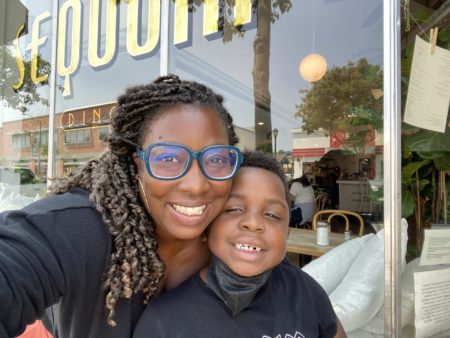
Photo courtesy of Wayfinder Family Services
Wayfinder’s programs address this complex issue through evidence-based practices, innovative programming, and collaboration across systems. Our work advances equity through promoting educational success, economic opportunity, health and well-being, and safety and resilience.
IS: What are your organization’s programs that support the community you serve?
BCM: Our core programs are 1) Vision Loss and Multiple Disabilities, 2) Residential Services, Foster Care, and Adoption and 3) Medical and Mental Health Services. Our vision loss and multiple disabilities programs offer services that reach all ages, from early intervention for infants, through educational and recreation programs for children, to residential programming and workforce development for teens and adults. Our residential services and foster care and adoption programs offer children a safe place and comprehensive care, from temporary shelter and group homes to kinship care and family stabilization services. Medical and mental health services provide medical care 24 hours per day, seven days per week, to foster children and children with disabilities, as well as a wide range of emotional and behavioral counseling services to children, adults, and families in the community.
IS: Independent Sector brings together a diverse community of changemakers at nonprofits, foundations, and corporate giving programs that are working to achieve a racially just and healthy sector and nation where all people in the U.S. thrive. What influenced your decision to become an Independent Sector member? How does your work align with Independent Sector’s mission and our member organizations?
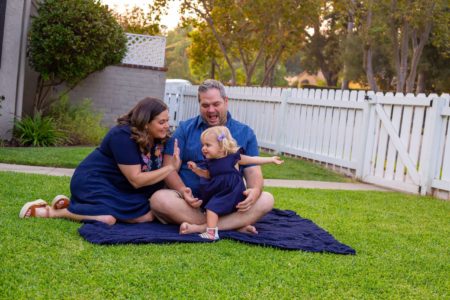
Photo courtesy of Wayfinder Family Services
BCM: Wayfinder Family Services is dedicated to changing the future for the most vulnerable children and families throughout California. IS provides critical leadership for the sector, which was invaluable throughout the pandemic. The pandemic has resulted in substantial, long-term consequences that will reverberate through Wayfinder and social services for years.
Even before the pandemic, low-income children of color experienced structural racism and multiple traumas that threatened their mental health. Now, according to the American Academy of Pediatrics, the American Academy of Child and Adolescent Psychiatry, and the Children’s Hospital Association, the pandemic has caused a mental health crisis for children and youth (2021).
The impacts are especially serious for low-income, Black, and Latino children, who make up most of Wayfinder’s child-welfare clients. Low-income children of color are much more likely to have lost a parent or caregiver to COVID (Hillis, et al. 2021). Their families experienced losses of jobs and income, rising food and housing insecurity, and sustained, chronic stress, which severely impacts children’s mental health. As stress mounted due to the pandemic, children were cut off from sources of stability, like contact with their birth siblings or other family members, school friends and teachers, in-person mental health services, and after-school programs and sports. Educational equity gaps widened dramatically for Black and Latino children. Children in foster homes who would have been reunited with their families or formally adopted continue to linger in foster care, denying them permanent homes, as the courts work through a backlog due to court closures in 2020. Each new COVID surge rachets up stress and increases the severity of mental health needs in children who are served by Wayfinder’s programs.
IS: Independent Sector collaborates with individuals and the charitable community to create a racially just and healthy sector and nation. How does your work help to support or advance these objectives?
BCM: Wayfinder’s intersectional work in child welfare and disabilities addresses multiple systems of inequity. Hundreds of thousands of children in California have disabilities. The same disparity is present in child welfare, where Black children are 5.33 times and Latino children are 1.48 times more likely to be in care than white children. Wayfinder increases independence for children with disabilities. We treat trauma for maltreated children and achieve stable placements, which produces better outcomes in health, education, and employment. All of our programs empower caregivers to become advocates for their children. Wayfinder’s diverse program staff also reflects the population we serve. We continue to strive for greater diversity and inclusion, setting a goal for our leadership team being made up of at least 50% of people of color by 2025.
IS: How can collaborating with Independent Sector help you better achieve your mission?
BCM: Wayfinder knows that working collaboratively in the sector is the path to transformational change. We are always seeking opportunities to learn and grow. We admire the community and connections built by IS and look forward to joining forces to strengthen each of our communities and civil society.
IS: Tell us about a memorable moment that affirmed how your organization’s work impacts the community you serve.
BCM: We call small moments that tell a bigger story about our work “Wayfinder moments.” For example, “Little Tara” had been exposed to drugs in the womb, and she had had a severely traumatic experience at only 5 weeks of age that compelled social workers to remove her from her birth parents. Candice and Daniel fostered and eventually adopted Tara. But as they got to know her, they saw she wasn’t developing the skills appropriate for her age. When she was 18 months old, Tara entered Wayfinder’s Early Intervention program with several types of developmental delays. She didn’t understand emotions on faces or comprehend simple phrases. She fell down frequently. Maria Gomez, Wayfinder’s early intervention specialist, took on Tara’s challenging case. The Wayfinder moment came when Maria used emotion cards —with realistic illustrations — to help Tara learn to decipher emotions on people’s faces. “We realized how much she was starting to improve when we showed her the laugh card one day,” Candice remembers. “Tara threw her head back and did the biggest laugh. We hadn’t modeled it for her. What she did was funny. We laughed for 10 minutes.”
What was an everyday moment for parents of typically developing children was a turning point for Candace and Daniel. These foster parents received the additional support they needed through our Early Intervention Program and they called this a “game changer.” The expertise we have in both child welfare and disabilities cases strengthens the support for families like Tara’s.
IS: What would you like people to know about your organization that might surprise them?
BCM: People are surprised that an organization with a history of serving blind children would now also be in the child welfare field (Junior Blind became Wayfinder Family Services in 2018). One of our goals is to bring awareness to the intersectionality between child welfare and disabilities issues.
IS: What is most special about the community or people you serve? What or who inspires you to be a changemaker?
BCM: The Wayfinder community never gives up. From parents of children with profound special needs to families who open their hearts and home to children in foster care — we work together to change the future of those facing the greatest obstacles.
The children, youth, and families in our programs inspire us. Faced with inequity and daunting odds, they show us what it means to be a changemaker, or as we like to say, a Wayfinder.
Learn about other Independent Sector members and becoming a member.
